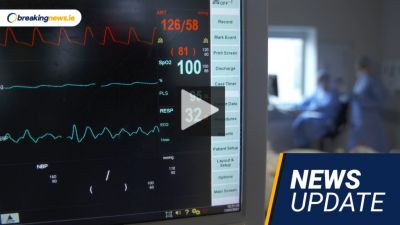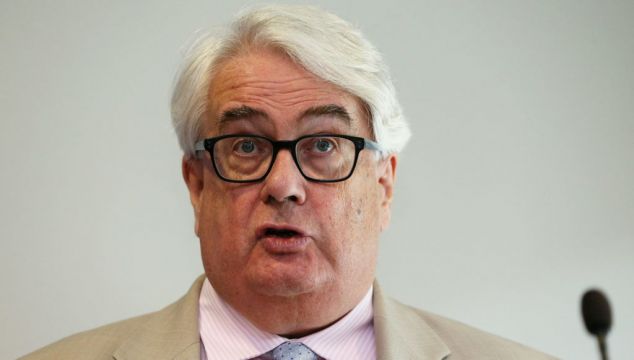Ireland is near the bottom of the table on spending on justice compared to other countries, the country’s top judge said.
Chief Justice Frank Clarke said that Irish taxpayers pay much less for justice and courts, whilst litigants pay much more than in other countries.
Justice Clarke said that while there are various demands on public resources, an analysis of what Ireland spends on its justice system, compared with similar legal systems in EU member states and other countries, places Ireland at or near the bottom.
He made the comments at the opening of a conference on access to justice, entitled Access to Justice – Breaking Down Barriers.
Ireland near bottom of league on spending on Justice, as litigants pay more - Chief Justice Frank Clarke.@flacireland @Legal_Aid_Board @LawSocIreland @TheBarofIreland #AccesstoJustice2021 pic.twitter.com/NwY2o0gI9E
Advertisement— Courts Service of Ireland (@CourtsServiceIE) October 1, 2021
Justice Clarke added: “There is a strong case that some of the money that might have to be spent had Ireland a judge-led civil law system, but which is saved by the taxpayer by our common law system, might be deployed to help those who could not reasonably be expected to adequately present their case without legal assistance and who struggle to afford it.”
He said that an overall view of the data demonstrate two things.
“First, Ireland’s position at or near the bottom of the table is so stark that it cannot be explained solely by differences in our systems or ways of counting,” he added.
“Second, and perhaps equally importantly, it is clear that taxpayers in countries in the common law system end up spending very significantly less on their justice system than is spent on behalf of the taxpayers of countries in the civil law system prevalent in continental Europe.
“It is beyond the scope of this short address to go into the reasons for this in detail but it is fair to say that there is a significant shift, in a common law system, towards work being done by parties and their lawyers as opposed to being done by the court and its researchers.
“This significant difference has the effect of transferring cost from the taxpayer to the parties to litigation.
“It is at least part of the explanation as to why the Irish taxpayer spends significantly less on our justice system compared with most continental countries while the Irish litigant spends more.”
He said there are consequences to reduced spending, including the difficulty of unrepresented litigants to deal with anything other than the most straightforward of cases.”
Turning to the barriers in access to justice, an issue he has raised on several occasion during his tenure, Justice Clarke said there is no single solution or silver bullet.
“The range of issues is wide and potential improvement requires action across many strands,” he added.
"Courts Systems play a critical role in society. Access to courts is an essential part of a well functioning democracy", Angela Denning Courts Service CEO, speaks with Chief Justice Frank Clarke.@LawSocIreland @flacireland @Legal_Aid_Board @TheBarofIreland #AccesstoJustice2021 pic.twitter.com/U5wEkbtC1v
— Courts Service of Ireland (@CourtsServiceIE) October 1, 2021
“There are undoubtedly areas where the problems of access to justice can be particularly acute.
“Minorities, marginalised groups or the vulnerable obviously run a real risk of having less effective access to justice than others.
“Particular areas of the law also can throw up special challenges.”

Chairperson of the Legal Aid Board Philip O’Leary said that access to justice is central to a free and democratic society.
“But for various reasons there are considerable obstacles which remain for many who have need for access to justice,” Mr O’Leary added.
“I am hopeful that the analysis and views expressed during the course of this event will help to shine a light on the many remaining challenges in this area, and inform the forthcoming review of civil legal aid.”







